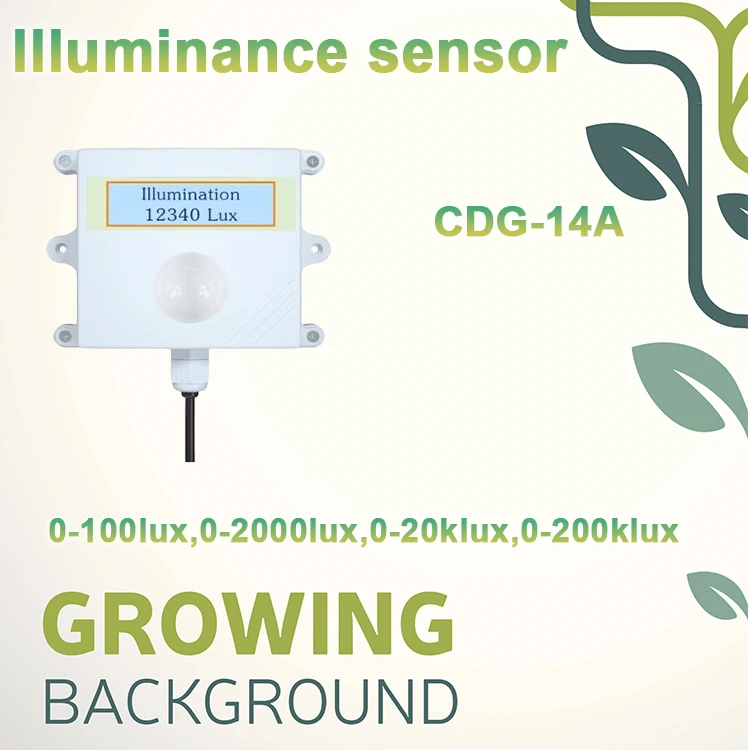
html
Light Detector Sensor Technology and Applications
Light detector sensors, also known as photodetectors, are essential components in modern technology that convert light signals into electrical signals. These sensors play a crucial role in various applications, from consumer electronics to industrial automation.
How Light Detector Sensors Work
Light detector sensors operate based on the photoelectric effect, where photons of light striking a semiconductor material generate electron-hole pairs. This creates an electrical current proportional to the light intensity. The most common types include:
- Photodiodes
- Phototransistors
- Photoresistors (LDRs)
- Charge-coupled devices (CCDs)
Key Technologies in Light Detection
Modern light detector sensors incorporate advanced technologies to improve performance:
Silicon-based Photodetectors
These are the most common, offering good sensitivity across visible and near-infrared spectra with relatively low cost.
Compound Semiconductor Detectors
Using materials like InGaAs or HgCdTe, these sensors extend detection into infrared wavelengths for specialized applications.
Avalanche Photodiodes
These provide internal signal amplification for detecting very low light levels, crucial in fiber optic communications.
Applications of Light Detector Sensors
The versatility of light detector sensors enables their use in numerous fields:
Consumer Electronics
Smartphones use ambient light sensors to automatically adjust screen brightness, while digital cameras rely on CCD or CMOS image sensors.
Industrial Automation
Light sensors enable object detection, position sensing, and quality control in manufacturing processes.
Medical Devices
Pulse oximeters use light sensors to measure blood oxygen levels non-invasively.
Environmental Monitoring
Light detectors measure solar radiation, monitor air quality, and detect pollutants through spectroscopic techniques.
Future Trends in Light Detection
Emerging technologies are pushing the boundaries of light detection:
- Quantum dot photodetectors offering tunable spectral response
- Organic photodetectors for flexible electronics
- Single-photon detectors for quantum computing applications
- Integrated sensor systems combining multiple detection modalities
As light detector sensor technology continues to advance, we can expect even more sophisticated applications in areas like autonomous vehicles, smart cities, and advanced medical diagnostics.
Keyword: light detector sensor